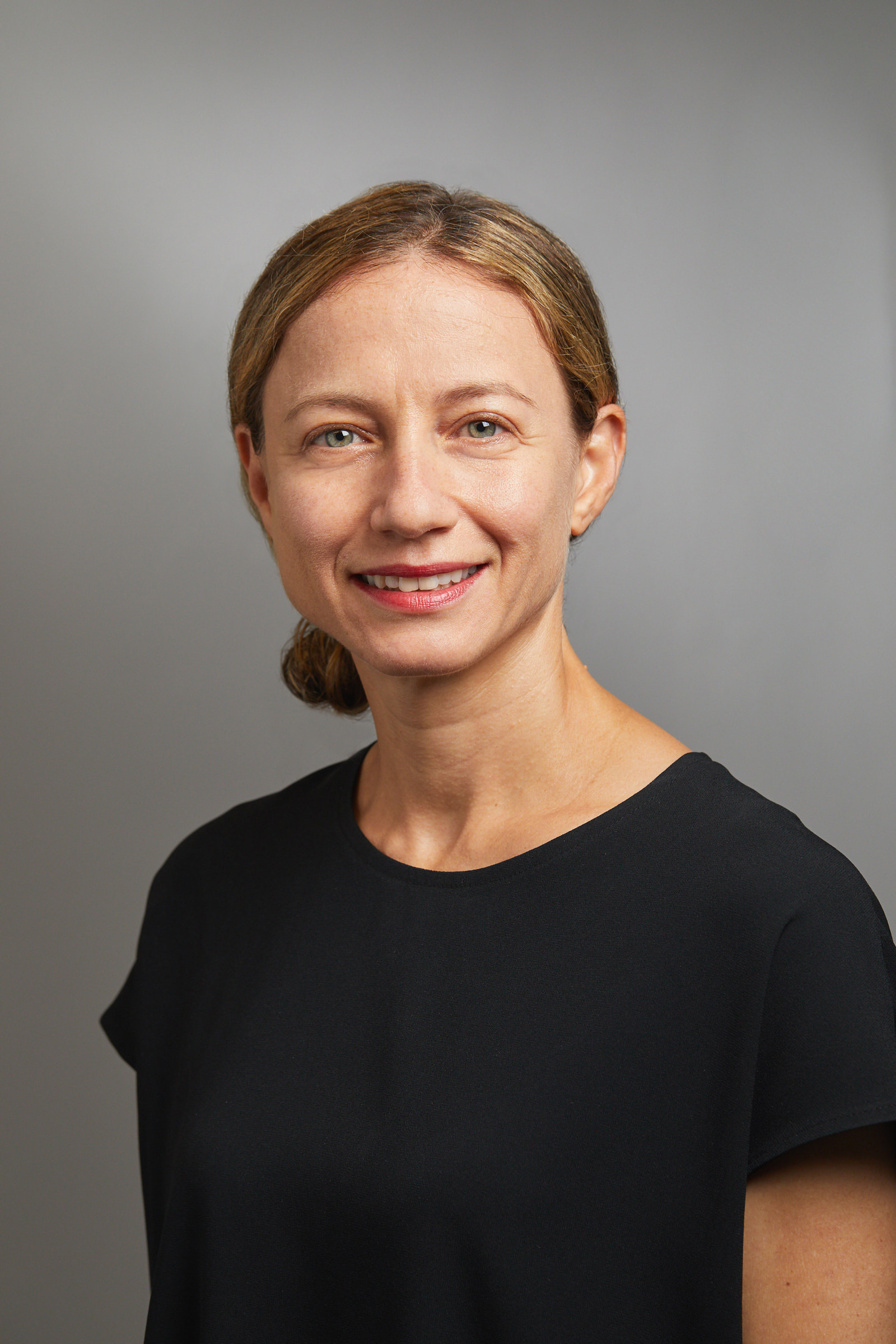As part of our “Meet Yale Internal Medicine” series, today’s featured faculty is Erica Spatz, MD, MHS, associate professor (cardiovascular medicine).
Erica Spatz, MD, MHS, associate professor (cardiovascular medicine) has long been interested in community health and social justice, so when offered the chance to attend a medical school focused on global medicine and health equity, she jumped at the chance.

Spatz traveled to Israel for the program which trained people to be physicians that were skilled in working with diverse populations and in diverse settings. Through the four-year program, Spatz spent time caring for patients in the Negev region of Israel, where the medical school was located, as well as in the U.S., and Kenya. After four years, she went back to New York to complete her residency.
During her residency, she began to gravitate towards cardiology.
“The problems of society play out in people’s cardiovascular health – poverty, lifestyle behaviors, stress, trauma – all contribute to heart disease and stroke. Through medicine, I was able to intimately engage with a very disadvantaged population living in the Bronx,” said Spatz. “I was able to integrate my interests in public health and cardiovascular health. After residency, I did a chief resident year and looked to build my skills in research and health policy in order to address larger healthcare system issues.”
One of her mentors referred Spatz to the National Clinician Scholars Program (NCSP) at Yale School of Medicine (YSM). NCSP is an interprofessional fellowship program designed to prepare future clinician leaders to improve health and health care in the U.S. through scholarship and action at the national, state, and local levels. She travelled to New Haven to meet with the director at the time, Harlan Krumholz, MD, SM.
“Yale was the place I wanted to be. The NCSP gave me access to other physician scholars, professors and mentors inside and outside academia who espoused the same things that I cared about in our healthcare system, like quality, equity, outcome measurement, understanding a person’s experience, and working with the community,” explained Spatz. “The NCSP gave me the scientific and methodologic skills to develop high-impact research in these areas.”
During her time with NCSP, Spatz was able to do some in-depth work with the New Haven community. One of the projects birthed a non-profit organization called Project Access. Project Access expedites care for patients who need to see a specialist, but are uninsured. Through the program, patients are given a patient navigator, someone who could help them truly navigate the healthcare system, assist them with appointments and care plans, and connect them with resources to support their health and wellbeing. Spatz is still involved with the program as a research partner and a member of the Board of Directors.
After completing a master’s degree with the NCSP, Spatz pursued and completed a cardiovascular medicine fellowship at YSM.
Currently, Spatz sees patients at Yale Health Center and the YNHH Heart and Vascular Center, and conducts research as part of the Center for Outcomes Research & Evaluation (CORE). Founded by Krumholz, CORE’s mission is to improve health and health care through targeted research and evaluation projects that combine scholarship and service to have a positive impact on policy and people’s lives.
Hypertension and cardiovascular disease prevention is one place where Spatz focuses her research. Recently, Spatz was lead author on a paper describing a study of hypertension in adults in the Caribbean – where there are high rates of hypertension, stroke and heart disease. The study, published in Ethnicity & Disease, is evaluating ambulatory blood pressure in the context of people’s daily lives, including their physical activity, sleep and stress levels, which could be used to develop more precision-based approaches to prevention, detection, and treatment of hypertension. Spatz is using concepts from this research to develop a hypertension program with pharmacists with the goal of controlling hypertension in New Haven.
She is also very interested in shared decision making. “It's about engaging people in their healthcare decisions, and giving them the information they need to understand their disease and the options for management, while learning about what matters to them,” she said. “Shared decision making is critical when considering a procedure or a new medication, or considering end-of-life care options. How do we better involve people in their healthcare decisions?”
“I'm really excited about the prospect of high value care through more personalized approaches to diagnosis and treatment and shared decision making, but we need to think about how to best engage patients and healthcare providers. We have a great opportunity here at Yale to design and evaluate strategies that align with what people want and need, and that advance high-quality, patient-centered care for all.”
To learn more about Spatz’s work and the Section of Cardiovascular Medicine, visit Cardiovascular Medicine.